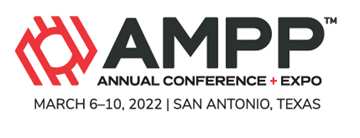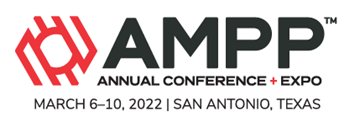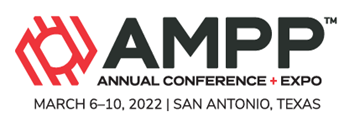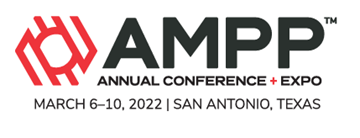Search
Online Conference Paper
View as
Sort by
Display
per page
The Effect Of Potassium Hydroxide Primary Water Chemistry On The IASCC Behavior Of 304 Stainless Steel
Product Number:
ED22-17415-SG
Publication Date:
2022
$20.00
The Effect Of Process Parameters On Pack Aluminizing Of UNS S30400 Stainless Steel
Product Number:
51321-16946-SG
Publication Date:
2021
$20.00
The effect of reeling on the qualification of CRA lined and clad pipes according to NACE MR0175/ISO 15156-3: a methodology to qualify reeled pipelines
Product Number:
51323-18919-SG
Publication Date:
2023
$20.00
The Effect Of Specimen Size On The Stress Corrosion Crack Growth Rate Of 10% Cold Worked Type 316L In BWR Environment
Product Number:
ED22-17319-SG
Publication Date:
2022
$20.00
The Effect Of Strain On Surface Residual Stress In Alloy 600 Tensile Specimens
Product Number:
ED22-17258-SG
Publication Date:
2022
$20.00
The Effect Of Sulfur Components Of Corrosion Inhibitors On Chemical Qualification
Product Number:
51322-17801-SG
Publication Date:
2022
$20.00
The Effects of Additive Manufacturing on the Hydrogen Embrittlement of Alloy 718
Product Number:
51323-19358-SG
Publication Date:
2023
$20.00
The Effects Of Different Blast Abrasives On The Performance Of Liquid-Applied Epoxy Pipeline Coatings
Product Number:
51322-17806-SG
Publication Date:
2022
$20.00
The Effects Of Soil Physicochemical Properties, Soil Moisture Content, And Bacteria On Corrosion Behavior Of Buried Pipeline Grade Carbon Steel
Product Number:
51321-16916-SG
Publication Date:
2021
$20.00
The Evaluation Of Corrosion Behavior Of Austenitic Stainless Steels And Ni-Based Alloys In Molten Salts Under Isothermal And Thermal Cycling For Condition Concentrated Solar Power Plants
Product Number:
51322-17529-SG
Publication Date:
2022
$20.00
The Evolution of Thermoplastics as a Solution to MIC and Oxidative Corrosion Issues
Product Number:
51324-20978-SG
Publication Date:
2024
$40.00
The History Of Hydrogen Induced Stress Cracking (HISC) Failures Of Duplex & Super Duplex Stainless Steels (DSS/ SDSS) Due To Cathodic Charging And The Potential For Improvement In HISC Resistance
Product Number:
51322-18070-SG
Publication Date:
2022
$20.00












